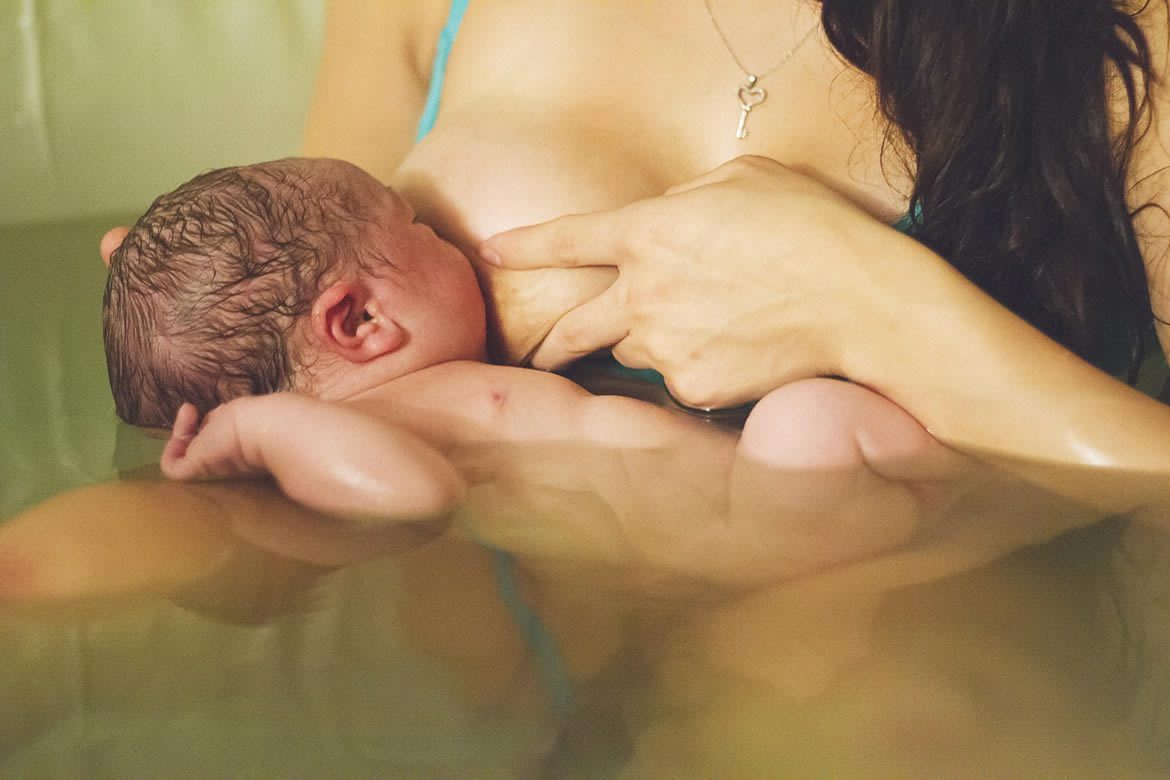By Jo Arnold and Lauren Hutton
One of the reasons frequently cited by women for considering giving up breastfeeding is, “It means my partner can share the feeds.” Sometimes, this is a mutual decision but, often, the pressure comes from the baby’s father…
It’s understandable, given the portrayal of babies in films and on television. Rarely are women seen breastfeeding unless it’s to do with an storyline about an ‘unstable’ mother – think Stacey Slater during her postpartum psychosis in Eastenders… breastfeeding and babywearing so no one else could touch her baby. As soon as she was better, neither were shown or mentioned again. Think Ellen in The Replacement, breastfeeding and pumping but in a way that was a) totally unrealistic and b) added to the sense of her gradual emotional unravelling. Partners also return to work, usually after a couple of weeks, to the inevitable questions, “Is she sleeping well?” and “Is she a good baby?”. Answer truthfully – “She is sleeping like a newborn and feeding very, very regularly”, and the likelihood of a response about ‘sticking her on the bottle’ is likely to be forthcoming, rather than an understanding, “It does get easier; that’s totally normal newborn behaviour.”
Is it any wonder that blokes end up feeling a bit sidelined? It seems crazy that a tiny newborn could make a grown man feel usurped but, with sleep deprivation and the adjustment to life with a baby taking their toll, the sense of helplessness that comes with not being able to share the feeds can be tough.
So, what can you do to *really* support this new mama and baby on their journey?
Realise that it isn’t about you.
You’re not in competition with your baby. He/she is totally reliant on your partner for nourishment and, for the most part, comfort and security. Babies don’t realise they’re not part of their mother until somewhere around six months. So, if you’re holding/cuddling/doing skin to skin/bathing/out for a walk with baby and they are clearly in need of a feed, make sure mama is comfortable and hand them over. Accept that you can’t be the one to feed (and please don’t put pressure on her to express milk so you can do so; if it isn’t a necessity then expressing to bottle feed must be HER choice) but you can be the one to sit and chat whilst they’re feeding, so they can hear your voice and know that you’re there for them too.
Read up on breastfeeding.
Hopefully, you’ve attended some form of antenatal class on breastfeeding? Take notes – be the rational, level head in those early days when she’s learning this bloody hard new skill in a haze of hormones, healing and exhaustion. Know that the amount the baby feeds is directly proportionate to the amount of milk her body will produce. Know that cluster feeding (when a baby seems to be constantly feeding) is totally normal and healthy (though exhausting). Know that her milk it is specifically tailored to your baby’s needs, to the weather and the time of year, to the surrounding environment. Know that breastfed babies feed more regularly because breast milk is quickly and easily digested (as nature intended) not because they are trying to annoy you. Know that nighttime milk is hormone-rich and contains tryptophan, which aids good sleep, thus helping babies develop their circadian rhythm. Know that it releases endorphins for mother and baby. Clever, huh? Start here.
Has she sent you an article to read? Read it. Has she liked or shared an article on Facebook? Read it. Spotted a relevant article yourself? Share it with her. You’re in this together – you may not actually be feeding the baby but you can still be involved.
Jo says: “I remember reading up on why so many black women don’t breastfeed. I was so interested in the historical and cultural reasons behind it and felt compelled to know more. I mentioned it to Phil in conversation weeks later and he casually reeled off a load of facts about it. I’d obviously reacted to something on Facebook and was touched that he’d taken the time to read up on it too.”
Lauren says: “My husband didn’t come to the breastfeeding antenatal class I attended, because I didn’t think it necessary to ask him to. When I needed a bit of specialist help in the first few days of feeding, a breastfeeding counsellor came over to see us and my husband listened to every word she said and watched what she did. I has since said he found this immensely helpful in both his understanding of what breastfeeding is and the process (and a good latch!), and meant he could provide steady and rational support to me when I needed it most.”
Don’t let your research stop there.
It’s also helpful to understand infant sleep too. Our society has a weird and biologically unnatural obsession with making babies sleep for huge lengths of time before they’re actually ready. Anything by Sarah Ockwell-Smith comes highly recommended by us – her Gentle Sleep Book (currently £2.99 from The Book People!) is full of brilliant information on the history of sleep, newborn (and beyond) sleep patterns, creating a healthy sleep environment and sleep associations that can be used (in time) as baby becomes less and less dependent on mum – all things that you can be a part of. It also contains advice on safe bed-sharing, which may be a consideration for you as a family. Read our guest post on this topic here.











